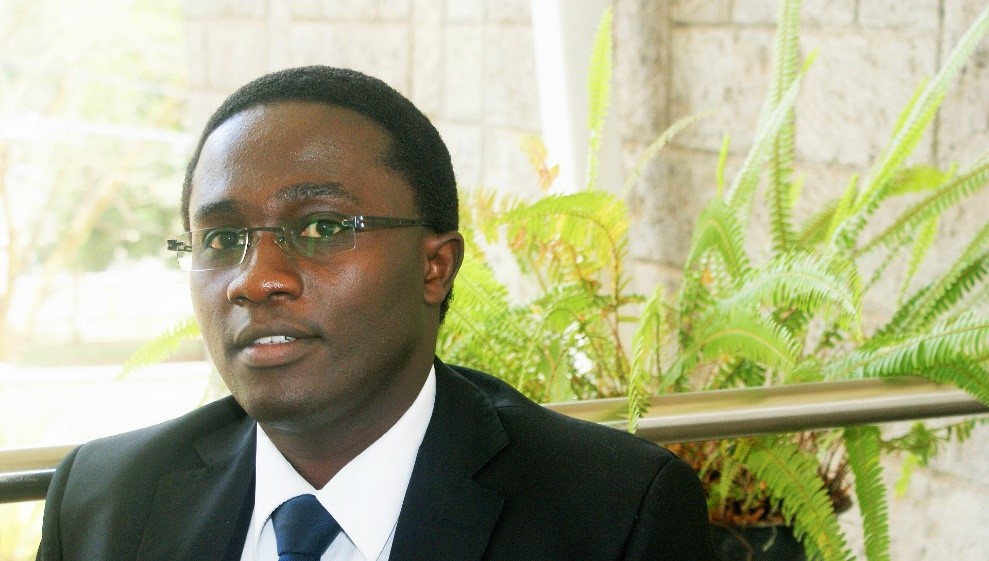
Raji Thomas Muigua graduated with a BA (Anthropology) degree in 2009 from University of Nairobi and an MA in Philosophy and Ethics from Strathmore University in 2014. He studies MA (Gender and Development Studies) at the Institute of Anthropology Gender and development Studies of University of Nairobi in 2020. He has taught as an assistant Lecturer at Strathmore University units such as Introduction to Critical Thinking and Philosophical Anthropology. He is interested in African Studies.
Abstract
This is a descriptive and cross sectional study interested in understanding how men perceive gender mainstreaming in Murang’a County. The study interrogates men’s perceptions of women empowerment programs from a disempowered man point of view. Men who cannot meet their societal expectations and are disempowered by the same patriarchal structures that have traditionally suppressed women. The same men are said to be suffering from masculinity crisis. Manhood status in patriarchal society is hierarchical and precarious- meaning that, it is hard to gain yet easily lost. Latent male backlash in gender relations and masculinity crisis widely reported in the media from Murang’a County is assumed to be potentially avertible by a more inclusive gender mainstreaming strategy. The study was conducted in Murang’a County with a purposive sample from Kandara Sub-County. Sarah Longwe’s women empowerment theory and George Herbert’s socialization theory were employed. The study had one primary and two supplementary data collection methods. The primary data collection method was in-depth interviews which provided both qualitative and quantitative data. The supplementary data collection techniques were case narratives and key informants.
The major findings of the study was that cultural changes among the Kikuyu community have continued to assign men the traditional patriarchal gender roles of a man as provider in the family. Men who are unable to meet old and new societal patriarchal roles which are largely materialistic have had to endure travails alone unlike their counterpart disempowered women who have fall back positions in governmental or non-governmental organization focusing on their empowerment.
Research Supervisors
Professor Wilfred Subbo.
Important Links
https://su-plus.strathmore.edu/handle/11071/2269?show=full
https://www.linkedin.com/in/thomasmuiguaraji/
